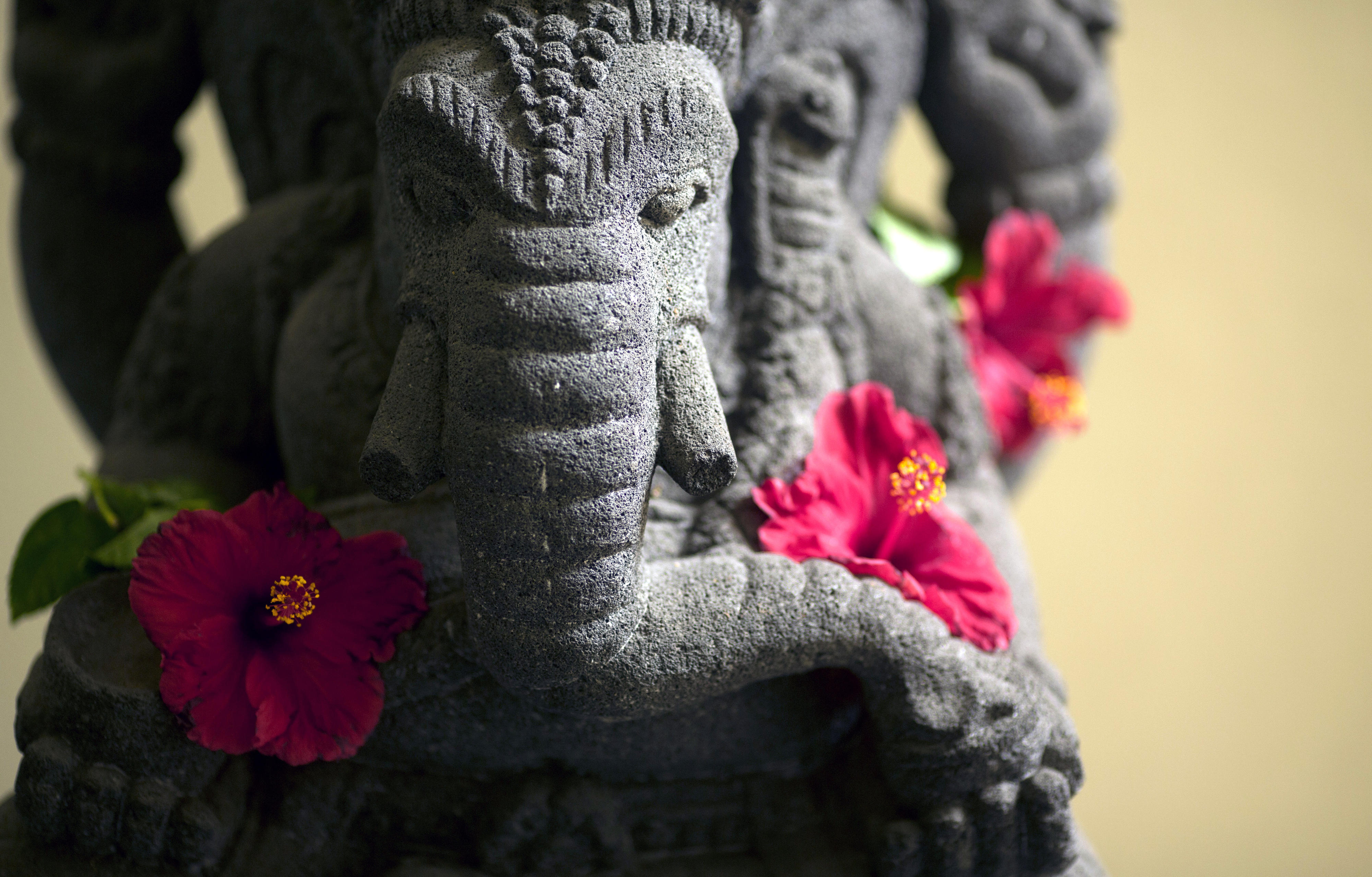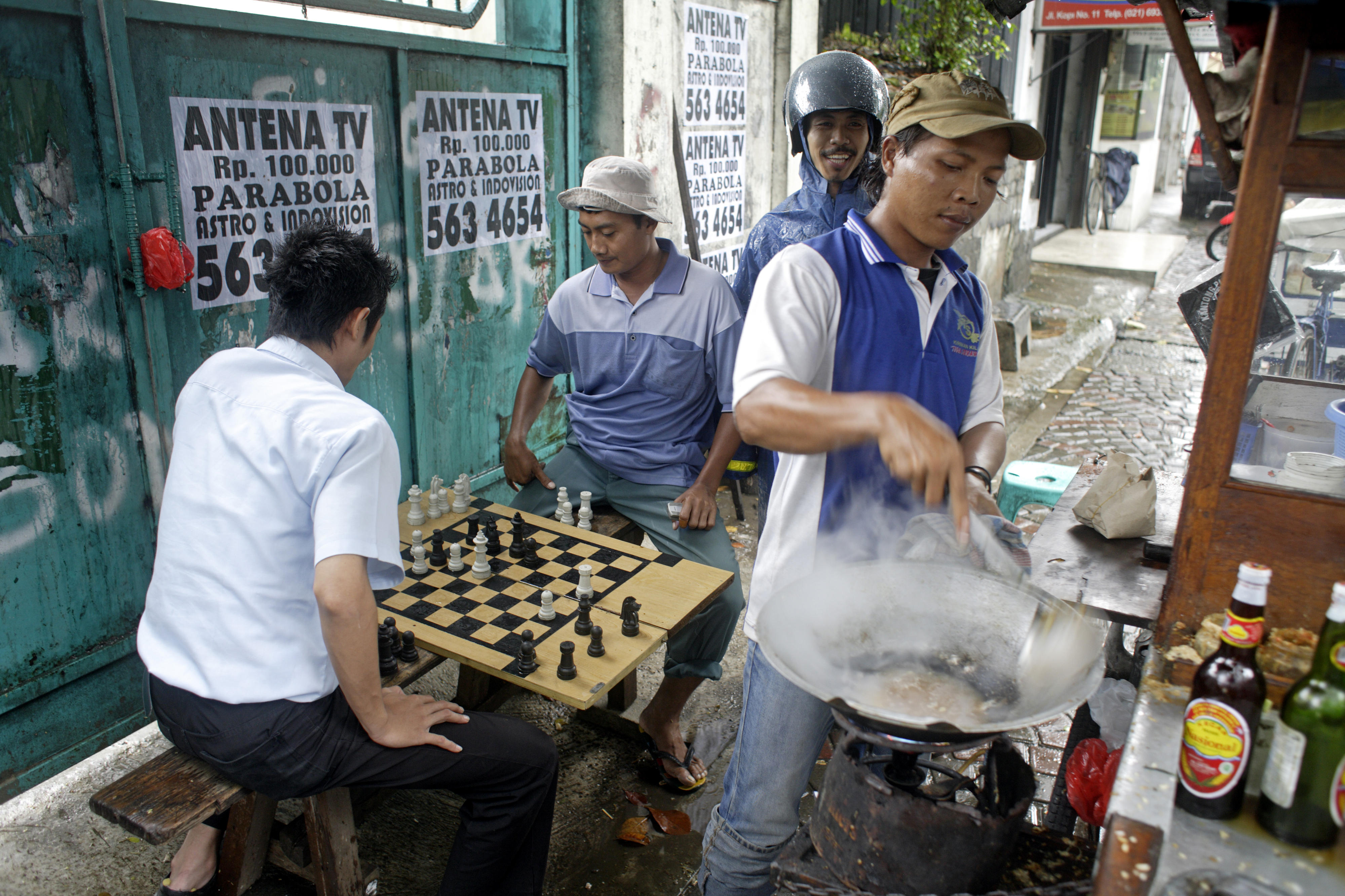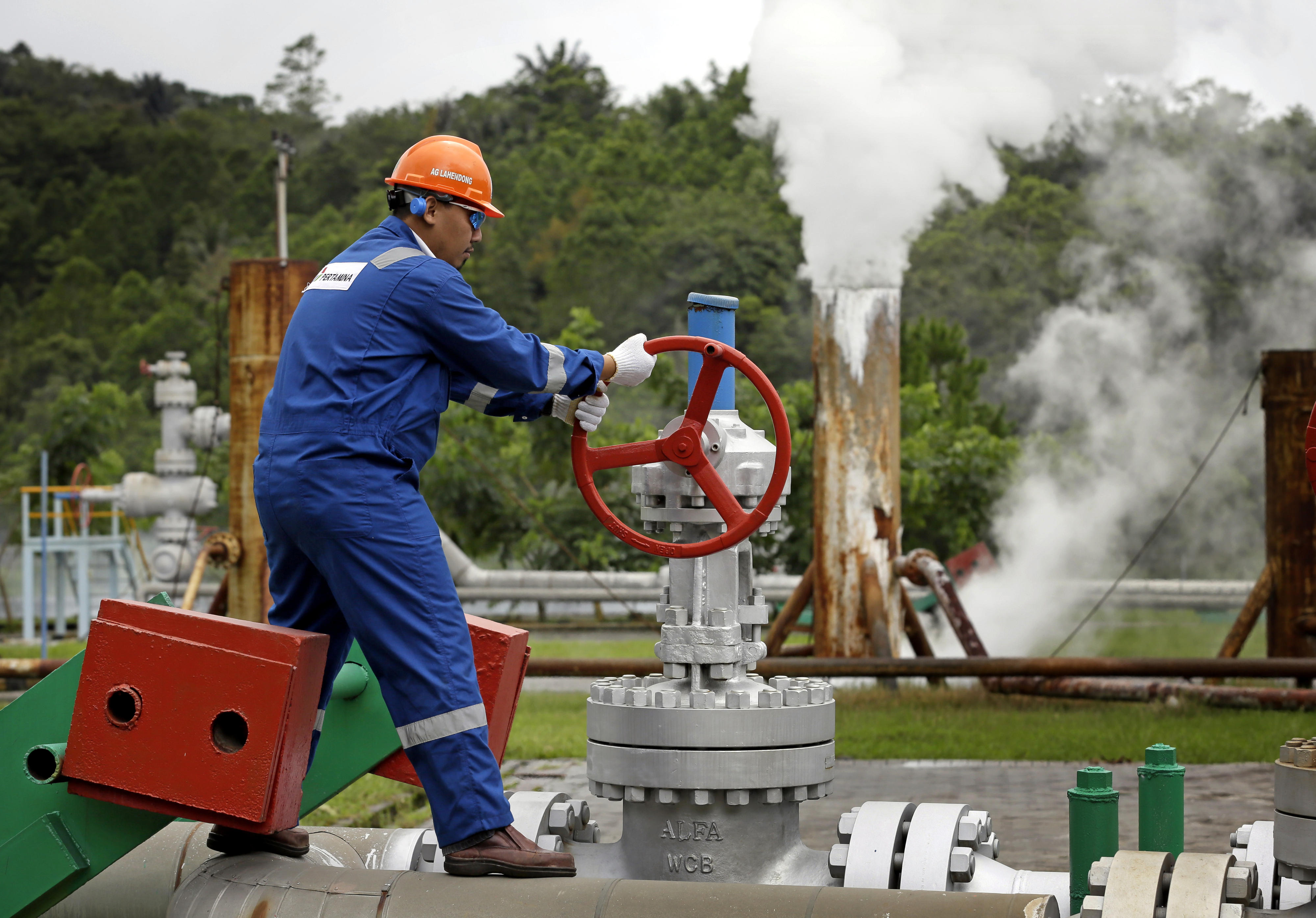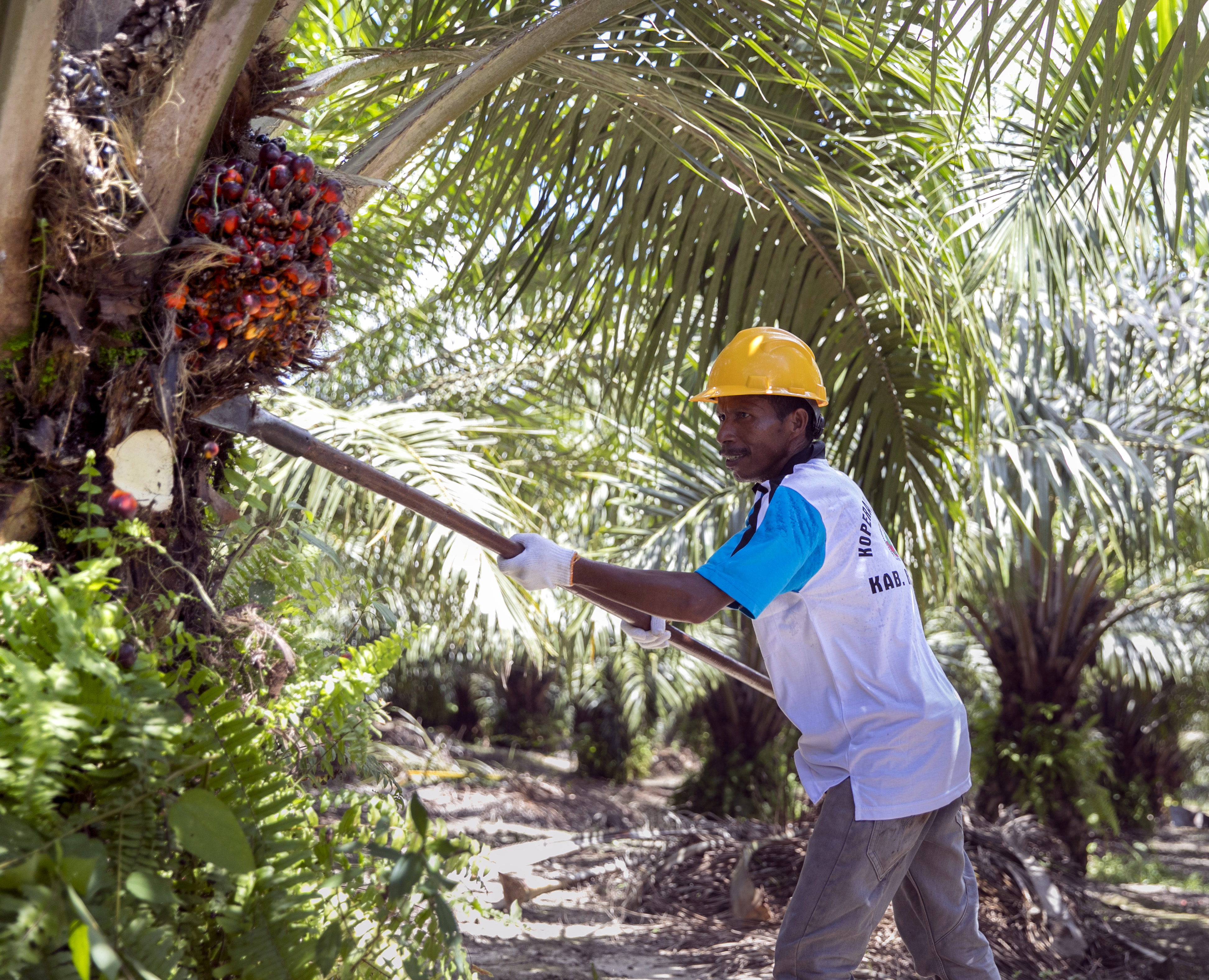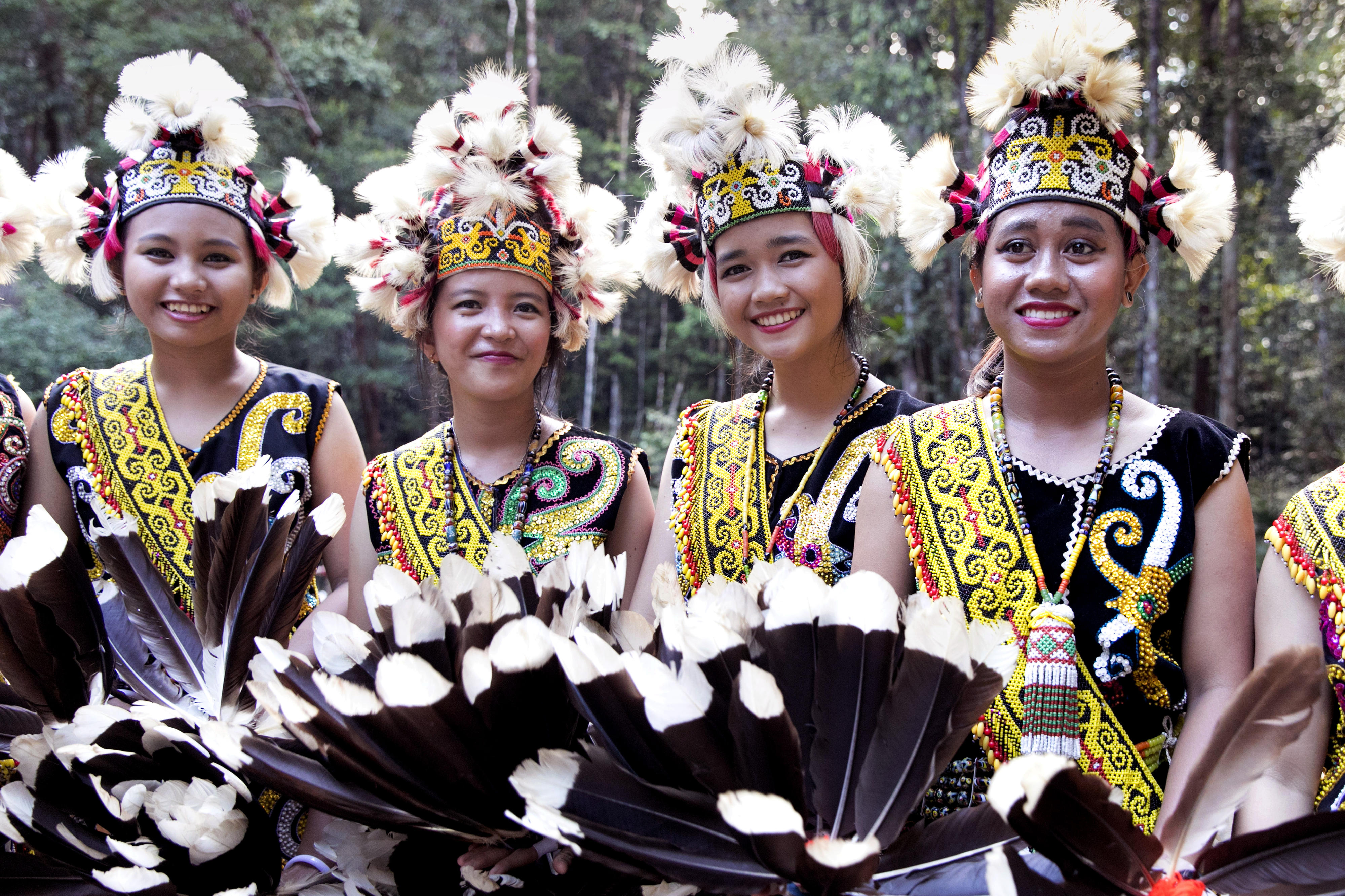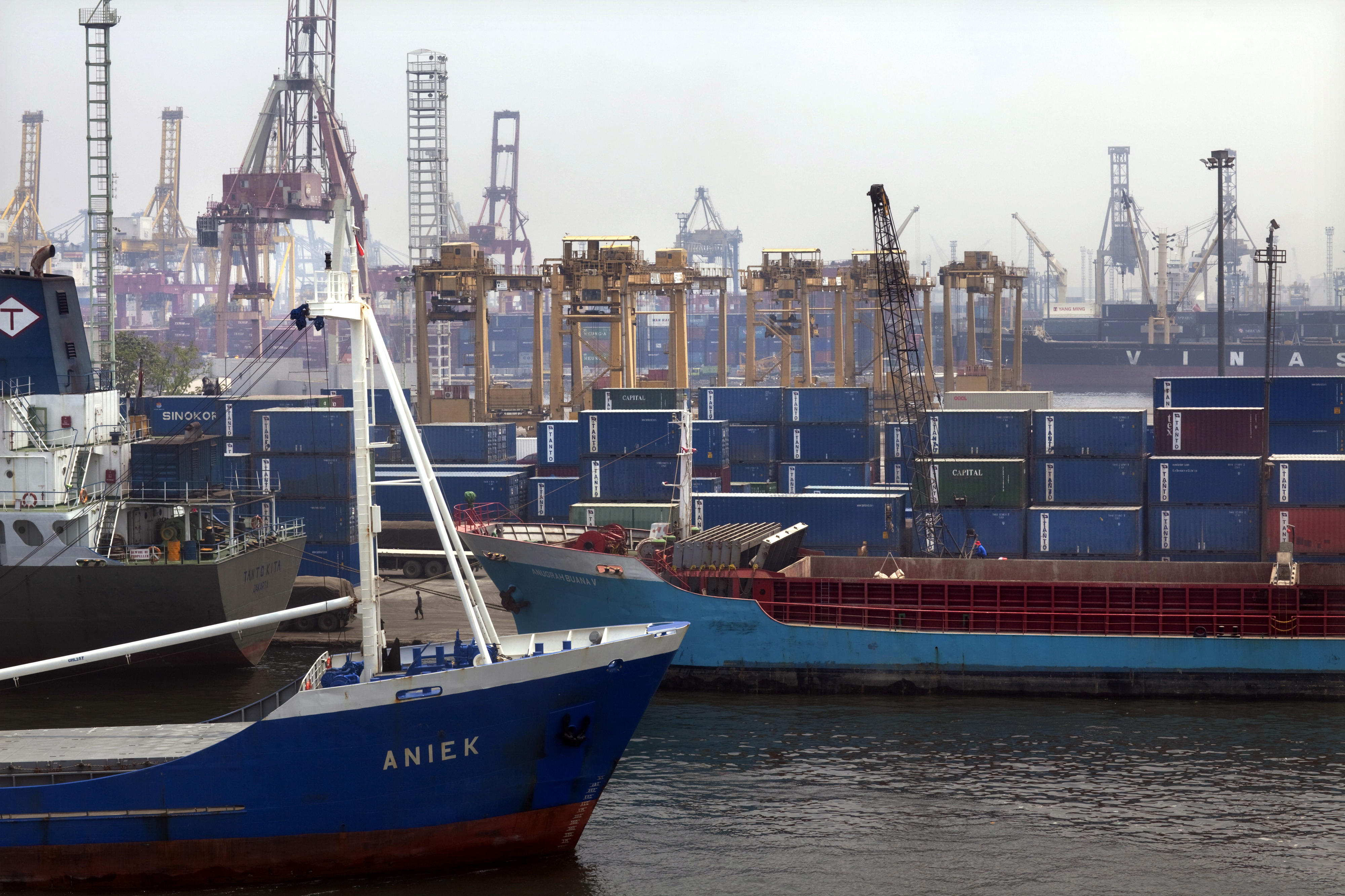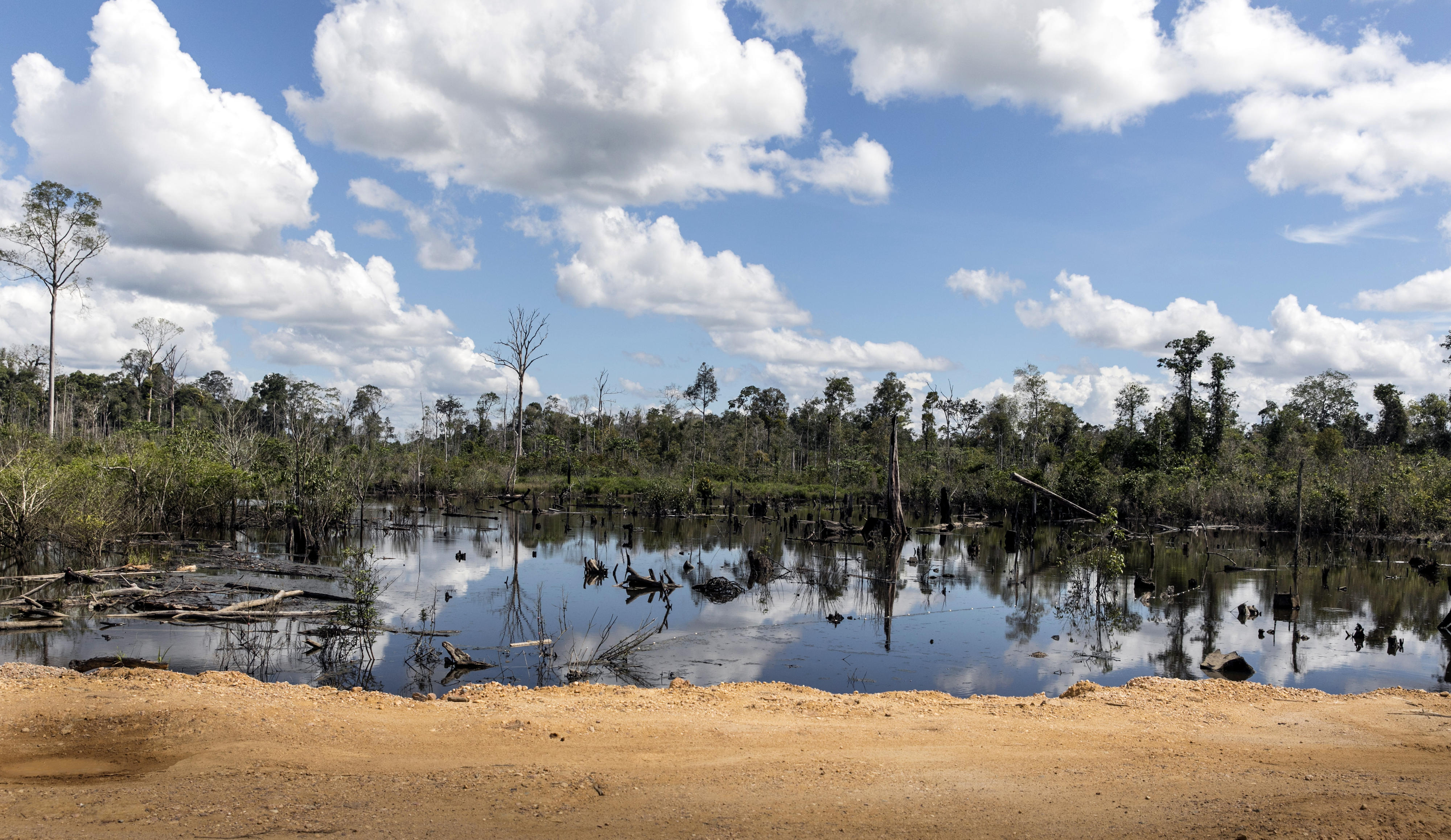Stone elephant with hibiscus flowers, image of the Hindu deity Ganesha, Jakarta, Indonesia
Copyright© Ute Grabowsky/photothek.net
Indonesia
Bhinneka Tunggal Ika – unity in diversity: this national motto, taken from Sanskrit, which is inscribed on the coat of arms of the Republic of Indonesia, was adopted by the country after it proclaimed its independence in 1945. The Indonesian archipelago is the fourth most populous country in the world. Its roughly 283 million inhabitants belong to over 300 different ethnic groups.
Peaceful transition to democracy
For more than three decades, Indonesia was under the dictatorial rule of President Haji Muhammad Suharto. After major social unrest, he was forced to step down in 1998. Since then, the country has undergone profound political and social change.
Indonesia is now seen as a largely stable democracy and has achieved considerable progress in fighting poverty. There is still potential for further reforms to strengthen the rule of law, increase religious tolerance and improve women’s rights, reduce regional and social disparities, and improve oversight and control over the security forces.
German development cooperation with Indonesia
Indonesia is one of those partners of German development cooperation that – due to their high regional significance and their strong economic performance – play a crucial role in resolving global development issues. Indonesia’s forests are of major importance for biodiversity and climate protection. They are the world’s third largest continuous tropical rainforests after the forests in the Amazon and Congo Basin.
Climate action and environmental protection are at the heart of the cooperation between Germany and Indonesia. Concrete areas of action include protecting forests and mangroves, expanding the use of renewable energy, increasing energy efficiency, promoting a circular economy and improving waste management. The overarching goal is to reduce greenhouse gas emissions.
Indonesian-German cooperation focuses on two core areas:
- Climate and energy, just transition
Areas of intervention: renewable energy and energy efficiency; sustainable urban development - Conserving nature and natural resources, protecting life on Earth
Area of intervention: forest conservation
Alongside these core areas, Germany also supports measures in the areas of digitalisation and vocational training, for example, with the aim of training skilled workers in professions relating to environmental protection, climate action and the energy transition and equipping them to find decent jobs. In addition, Germany is also supporting Indonesia as an actor in international cooperation in the context of triangular cooperation and South-South cooperation aimed at implementing the Sustainable Development Goals in Indonesia and worldwide.
In September 2024, the BMZ made new commitments of 356 million euros to Indonesia. Of this amount, 36 million euros will be used for Technical Cooperation and 320 million euros for Financial Cooperation. Of the total funds committed in 2024, 300 million euros are being provided in the form of reduced-interest loans.
SDG trends for Indonesia
- On track or maintaining SDG achievement
- Moderately improving
- Stagnating
- Decreasing
- Trend information unavailable
